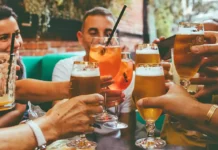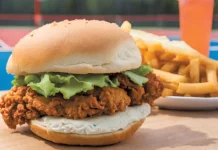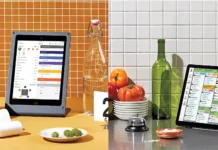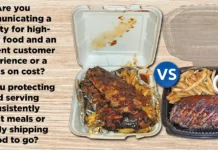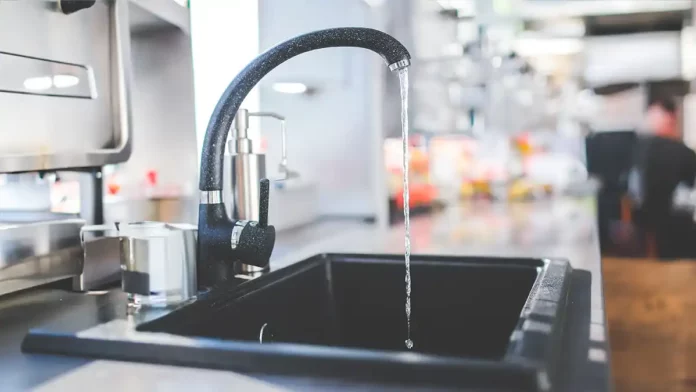
Water is an essential part of our everyday lives, at home and in a professional setting. We use it for drinking, cooking, washing, and irrigation purposes. Without it, life as we know it would cease to exist.
Despite this fact, many unfortunately take for granted the quality and safety of the water flowing from their faucets. Water is not always safe to drink or use for washing and cooking, even when it comes from the tap.
Therefore, today, we’ll have a look at the most common factors affecting the quality of tap water, ways professionals, like the ones working in the food service and hospitality industries, evaluate tap water safety, and mitigating measures to ensure what you consume is free from harmful substances.
General Contaminants in Tap Water
Water is a universal solvent, which means that it can dissolve more substances than any other liquid. While this property is incredibly beneficial, it also poses the risk of water easily picking up impurities.
This is why tap water gets special treatment, to ensure no harmful substances will be picked up along the way. Still, if there are contaminants, these ones pose health risks if found in significant concentrations:
- Chemicals: Chemical contamination can occur from both natural and human-made sources. For example, minerals like arsenic and uranium may naturally seep into groundwater, while others like pesticides and fertilizers contaminate water through run-off from agricultural activities. Both residential and industrial waste disposal can lead to chemical contamination as well.
- Bacteria and viruses: A wide variety of microorganisms can be present in your tap water — these include bacteria, viruses, parasites, fungi, algae, etc. They are responsible for many familiar diseases, such as cholera, typhoid fever, and dysentery.
- Heavy metals: Metals such as lead or copper often enter the drinking water supply through older plumbing systems or due to corrosion of pipes over time.
Rules and Regulations Around Tap Water Safety
The quality of tap water is not just a matter of individual concern, but it’s also subject to stringent monitoring and regulation by government bodies. These organizations are tasked with the responsibility of ensuring that the water flowing through your taps is safe and habitable.
In America, for instance, it is the Environmental Protection Agency (EPA) that enforces the rules related to drinking water safety. The primary legislation underpinning their work is the Safe Drinking Water Act (SDWA), which was first passed in 1974.
This act enables the EPA to establish standards for contaminants in drinking water, supervise states, localities, and water suppliers who implement those standards, as well as regulate many aspects of the public water systems.
Furthermore, every year, all water suppliers must provide a Consumer Confidence Report (also known as a Water Quality Report) detailing any detected contaminants, potential health impacts, source of contamination, and steps undertaken for its removal.
Ways to Ensure Tap Water is Safe
While government laws and regulations exist to keep our tap water safe, individuals and businesses that use water in their daily operations must also be vigilant. For instance, improper use of water is part of a long list of food safety violations most restaurants have to deal with.
This is why all economic operators that operate in the food and hospitality industry must follow strict rules and regulations, such as regular water testing, water treatment, regular equipment maintenance, and employee training.
For instance, many restaurants use electrolyzed water for dishwashing, food prep, and surface cleaning. Electrolyzed water is non-toxic if ingested and is a great disinfectant that doesn’t leave any chemical films behind.
This makes it a great solution for cleaning, especially in a setting where the cleaned products and surfaces come in contact with customers all the time.
Wrap Up
Tap water safety is an ongoing dialogue between scientific findings, public health, government regulations, and individual responsibility. We must remain aware of the risks posed by common contaminants and check local water quality reports while also adhering to any advisories issued by health departments.


















